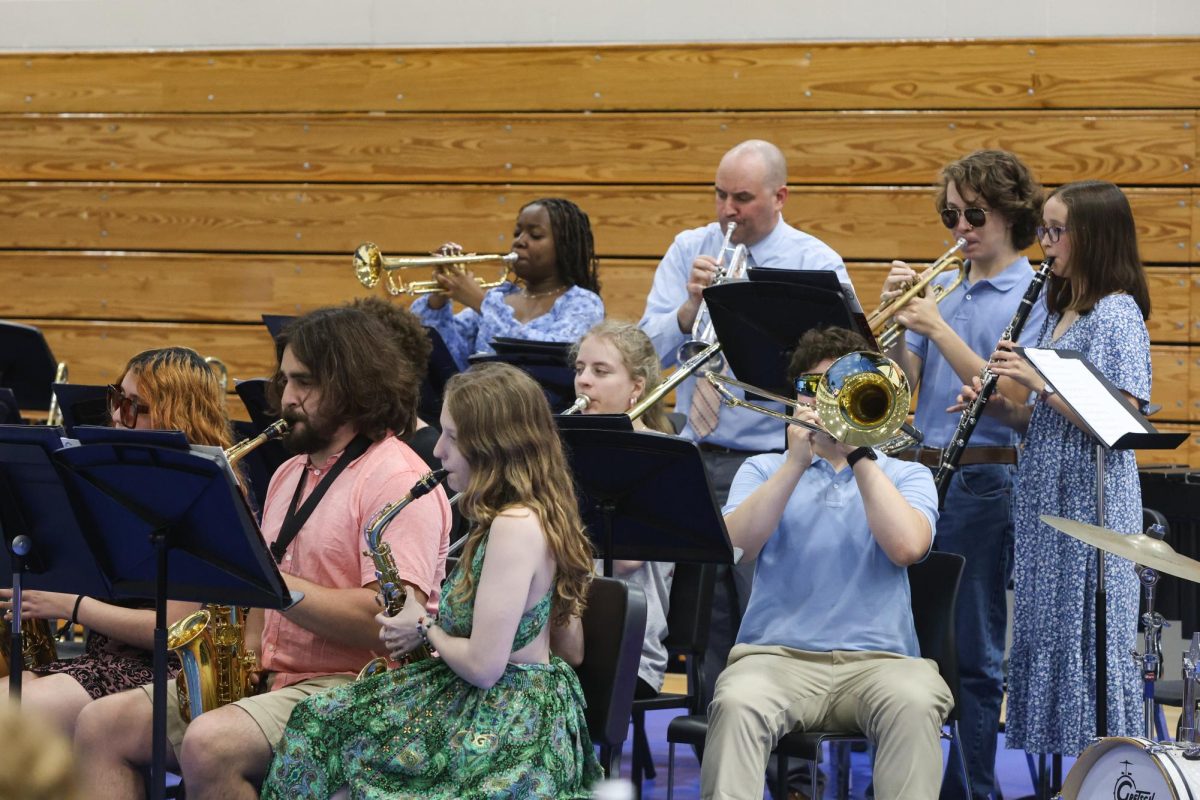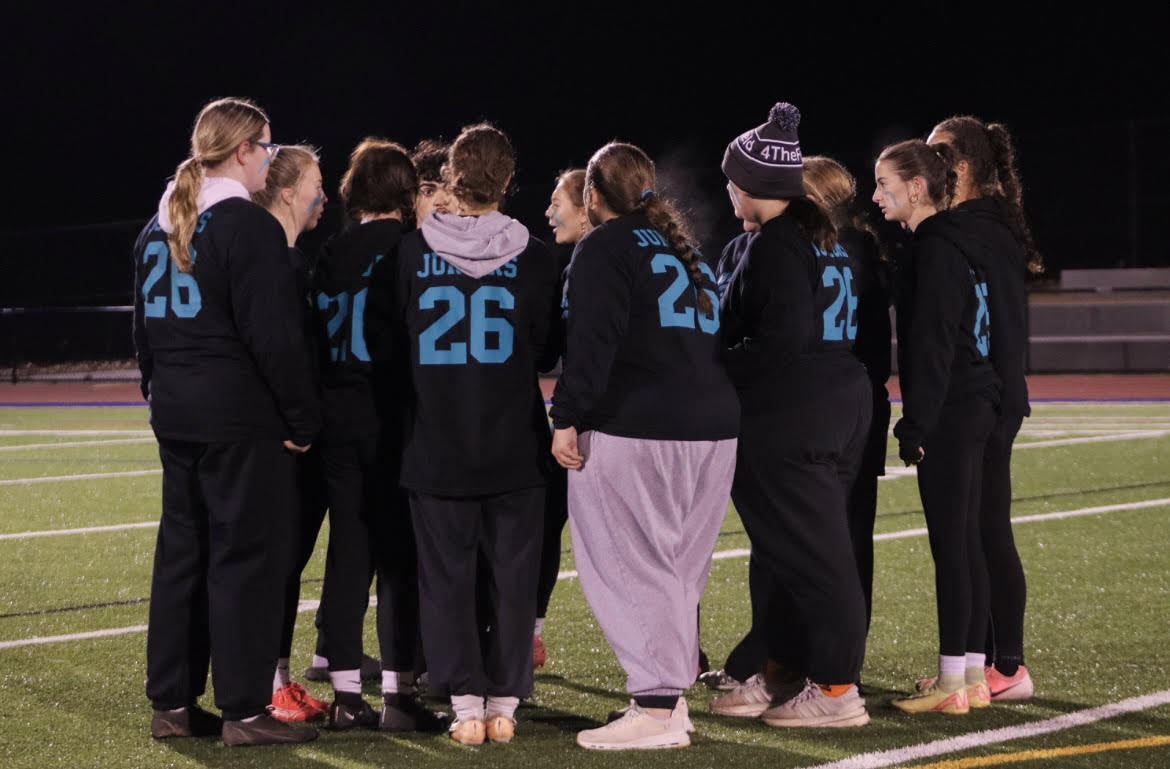Young adults are putting themselves out into the world. One in five teenagers across U.S. high schools are in the workforce — that is 22.5% of all high school students! This raises the question of whether or not the academic lives of students are being negatively impacted by their part-time jobs.
More teens are coming home at the end of a work week exhausted and drained. One West Springfield High School student, who wishes to remain anonymous, reported, “I try to keep up with my regular classes but I’m falling behind in my AP classes.” Some students say having a job is worth it while others feel like they’re chained to an endless cycle of monotony. For some, a typical day consists of waking up, going to school, then going to work, and having to study and do homework when they finally get home. When asked about how their energy levels at school are after a night at work, this same student said, “I’ve started calculating naps. Which classes I can take them in and for how long.”
Most teens want those little luxuries for they can purchase for themselves by having a job, but it also comes with as a cost. One student who works 25-30 hours a week said, “I don’t get out until 11 o’clock, I still have to cook dinner and take a shower.” According to the NHI teenagers should be getting eight to ten hours of sleep every night, but these teens rarely get six. Sleep deprivation and poor nutrition affect memory retention, and that affects school work. As one student said, “It was really hard to stay awake. It was really hard to take in information because my brain was overloaded.” Students’ academics can be significantly impacted by part-time jobs. Many are forced to work the only hours that are available to them: closing shifts.
The job, itself, can also be stressful. Another student says that even though he loves his job, it can be taxing: “I don’t have time to stay after, and if I do I’m missing out on pay.”And,of course, there are other problems that come with having a job, such as toxic environments or co-workers and customers that don’t respect you because of age. Jobs need to have more flexible hours so that students can have more time to focus on their academics. As one student said, “Without school, it was just work, so it was nothing; Once the second quarter came around, it would be really difficult getting to bed on time or making sure I ate dinner.”
So, is having a job worth it? This is a question every teen has to ask themselves. Can they balance a full week school and work? Some students said yes and felt that the benefits outweighed the deficits, especially those who had looming financial obligations: “I have to put gas in my car, I have to pay my bills.” For others, it was more about being financially independent from their parents: “It just becomes a bother to ask your parents for money, especially if you’re in a lower class, you want to be considerate of their funds.” Although working, and the responsibilities that come with it, can teach valuable life skills, being a full-time student and a part-time worker can be overwhelming.
























